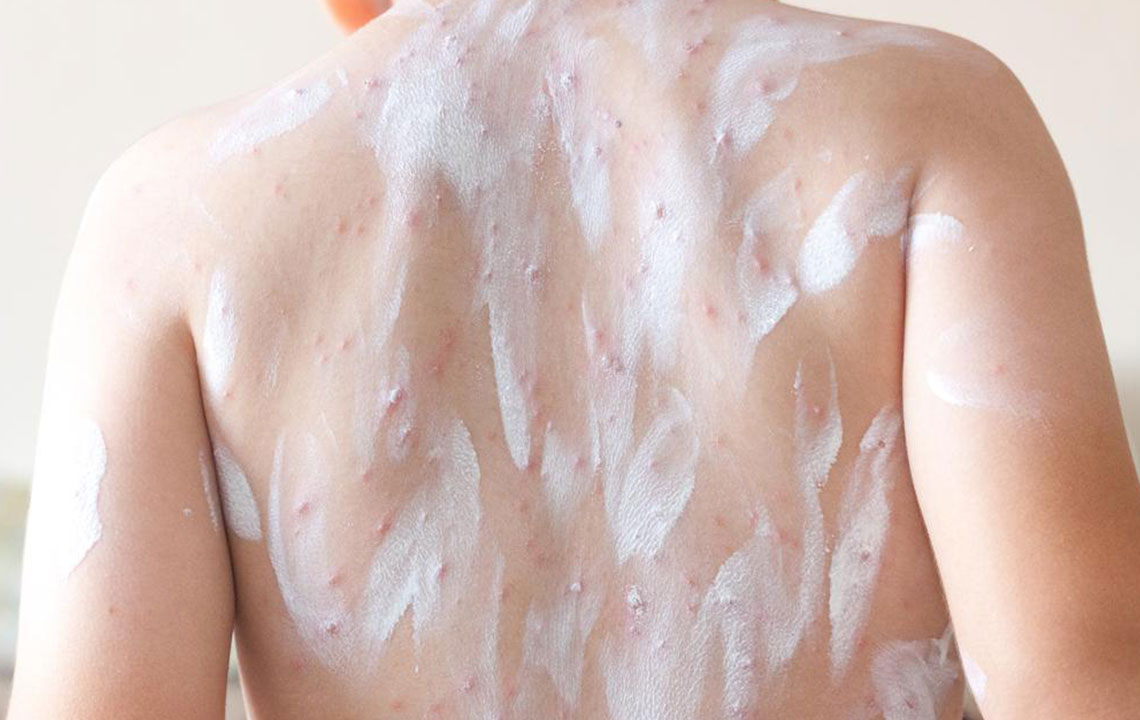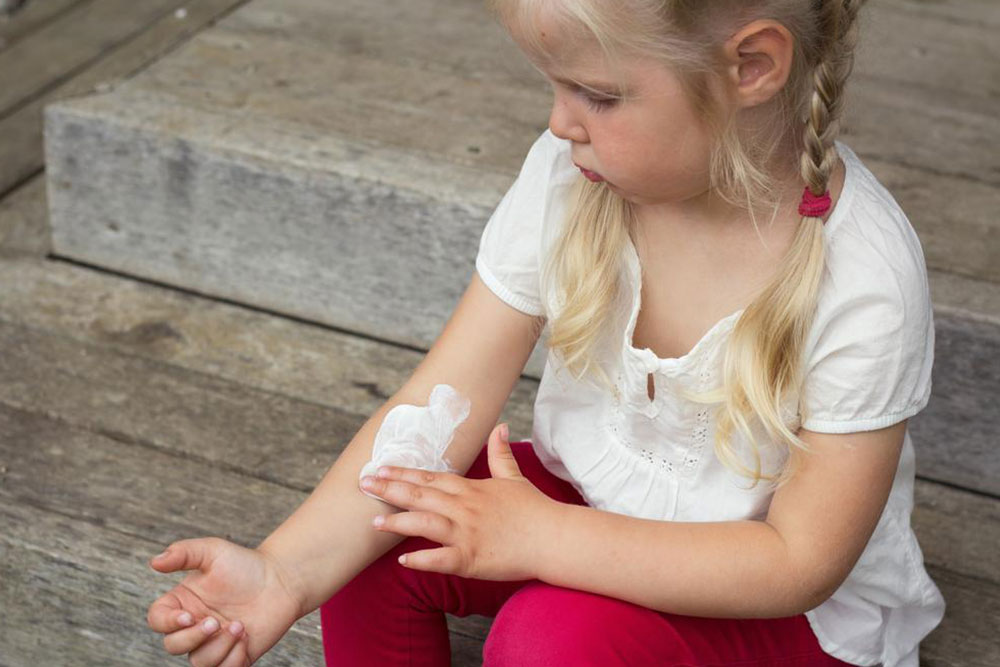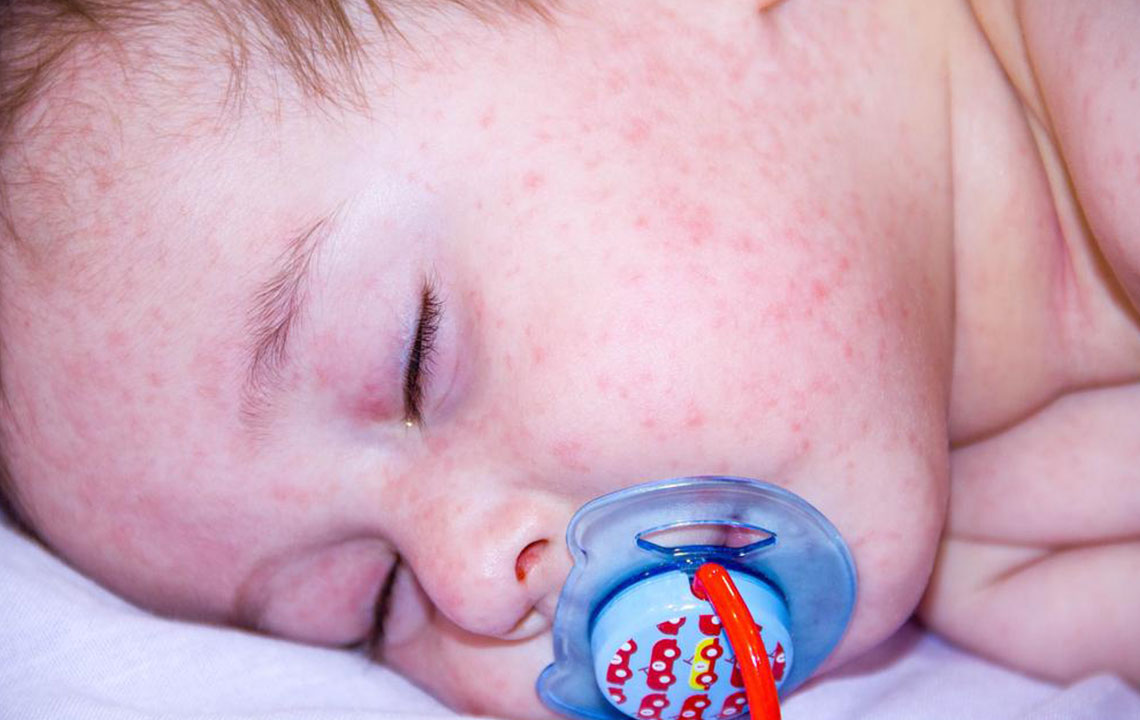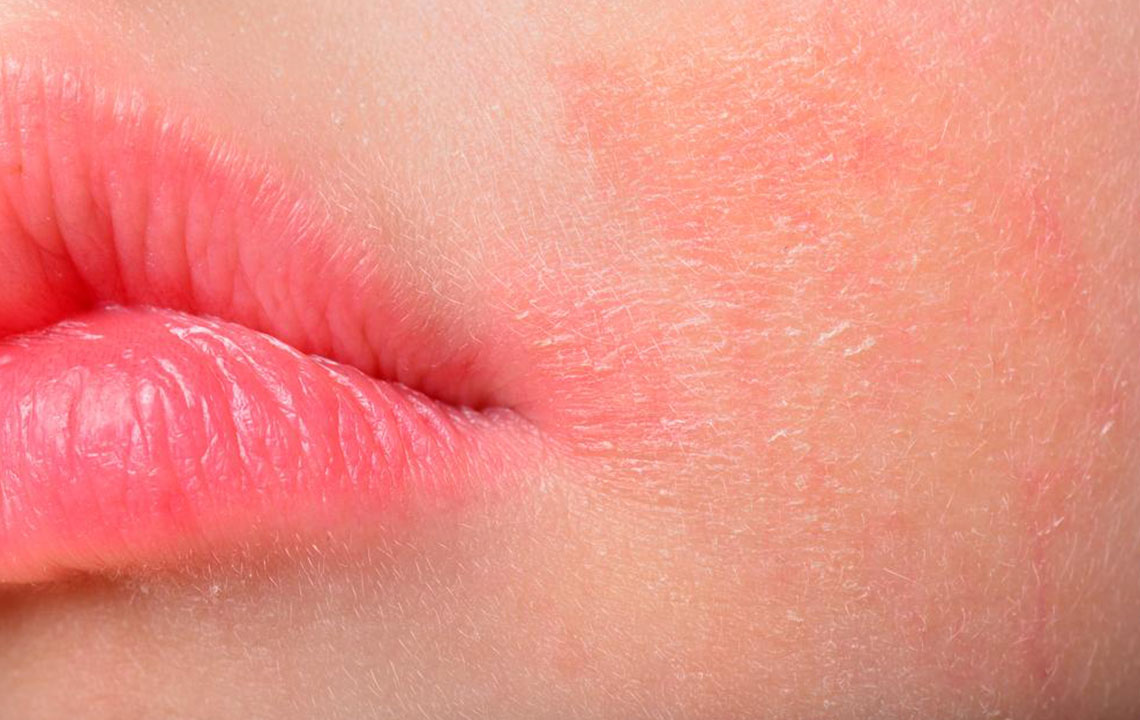Effective Home Remedies and Treatments for Atopic Dermatitis
Learn effective at-home and medical strategies to manage atopic dermatitis. This guide covers moisturizing routines, avoiding irritants, medications, and lifestyle tips to control itchiness and prevent flare-ups. Early treatment and proper skin care are essential for long-term relief, especially in infants and severe cases. Consult a healthcare provider for tailored advice and treatment options to ensure optimal skin health and comfort.

Managing Atopic Dermatitis: Home Strategies and Medical Options
Atopic dermatitis, commonly known as eczema, is a skin condition characterized by intense itching and redness, sometimes forming blister-like bumps. It can be persistent and requires a combination of treatments. Infants often experience symptoms on their cheeks, knees, and elbows. Treatment varies based on severity and rash type.
Mild cases can be managed at home with moisturizing creams to restore skin barrier and reduce itchiness within weeks. Severe or oozing rashes may need medical care, including prescription treatments like corticosteroids, wet dressings, or phototherapy. Early medical intervention prevents complications.
Home care includes keeping skin hydrated with warm baths and regular moisturizers, avoiding irritants like harsh soaps, perfumes, and allergens such as dust mites and pet dander. Nails should be trimmed to prevent scratching, and protective coverings can be used, especially in children, to minimize skin damage.
Sun exposure should be limited to avoid burns, and gentle sunscreens are recommended. Managing stress with relaxation techniques helps prevent rash exacerbation. Over-the-counter medications, including topical corticosteroids and antihistamines, can reduce itching and inflammation, but only under medical supervision, especially for children. Prompt medical attention ensures better outcomes and prevents worsening of symptoms.
Note: This article offers general guidance. For personalized treatment, consult a healthcare professional. Early intervention is key to control atopic dermatitis effectively.










